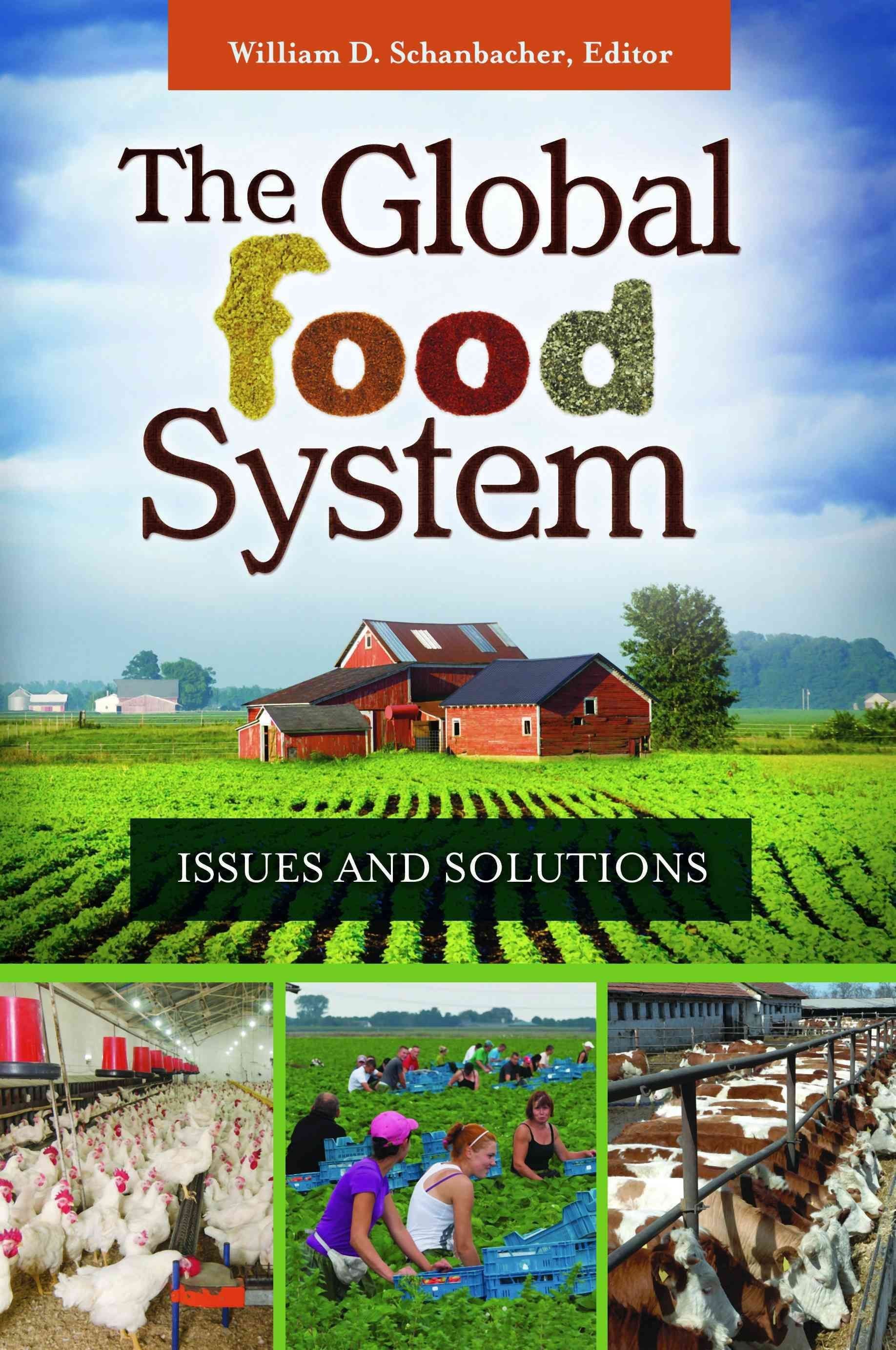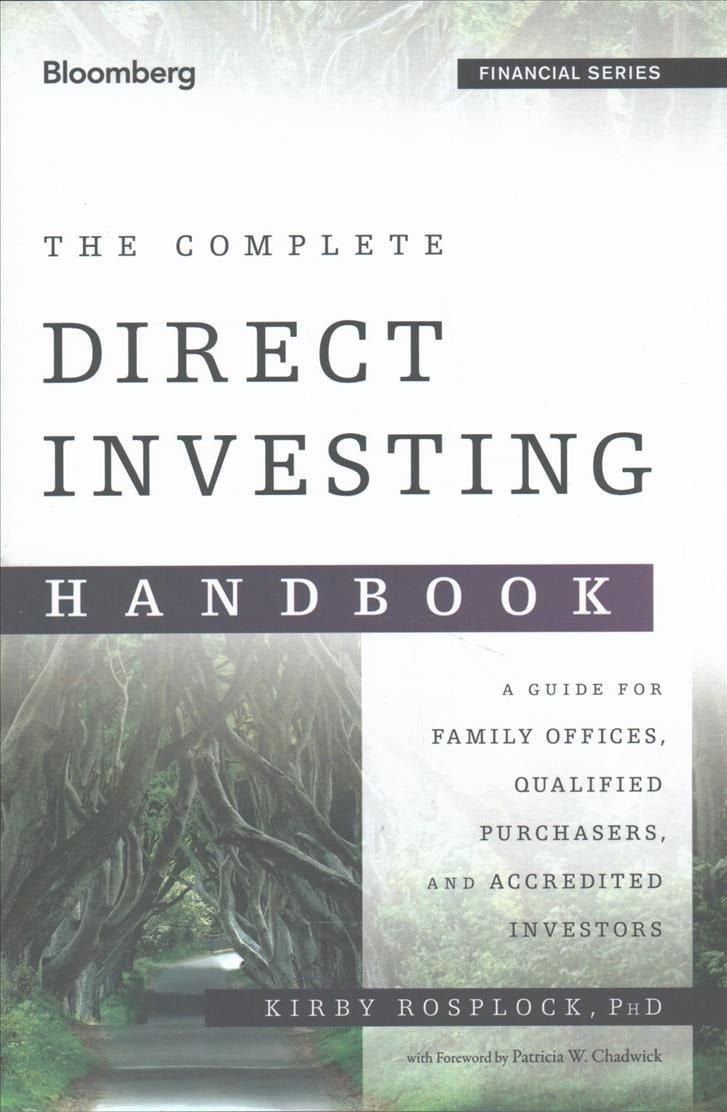This detailed analysis of the global food system looks at the way food is produced, distributed, and consumed in an effort to create a more equitable and healthful system worldwide. With large-scale famine afflicting regions around the globe and overconsumption and unhealthy eating habits destroying others, many are beginning to wonder if access to food is less of a class-based social problem and more of an ethical issue affecting the lives?and livelihoods?of people all over the world. This thoughtful text provides a thorough examination of the factors contributing to this global concern, exploring the complexities of international food supply and demand as well as the efforts to bring about a more just global food system. Through this groundbreaking volume, author and educator Will Schanbacher sheds light on flaws in the current structure and suggests ways to achieve a more balanced approach. He considers the economics, politics, and activism behind and involved in the production, distribution, and consumption of the global food system. In an effort to illuminate many problems associated with hunger, inequality, and injustice in the food system, the book also offers many potential strategies and solutions for making a more healthy, sustainable, and equitable world. Chapters contain both theoretical models and concrete practices for food security and offer strategies for creating an equitable system. Introduces political, economic, and cultural themes relevant to understanding the global food system Offers various strategies for overcoming problems in the food system Provides a multidisciplinary approach through the contributions of major scholars and activists in the fields of religion, ethics, agriculture, and human ecology Includes the latest research initiatives and interviews from the United Food and Commercial Workers International Union Features tables and charts covering implementation strategies for various food justice movements












